Principal Investigator
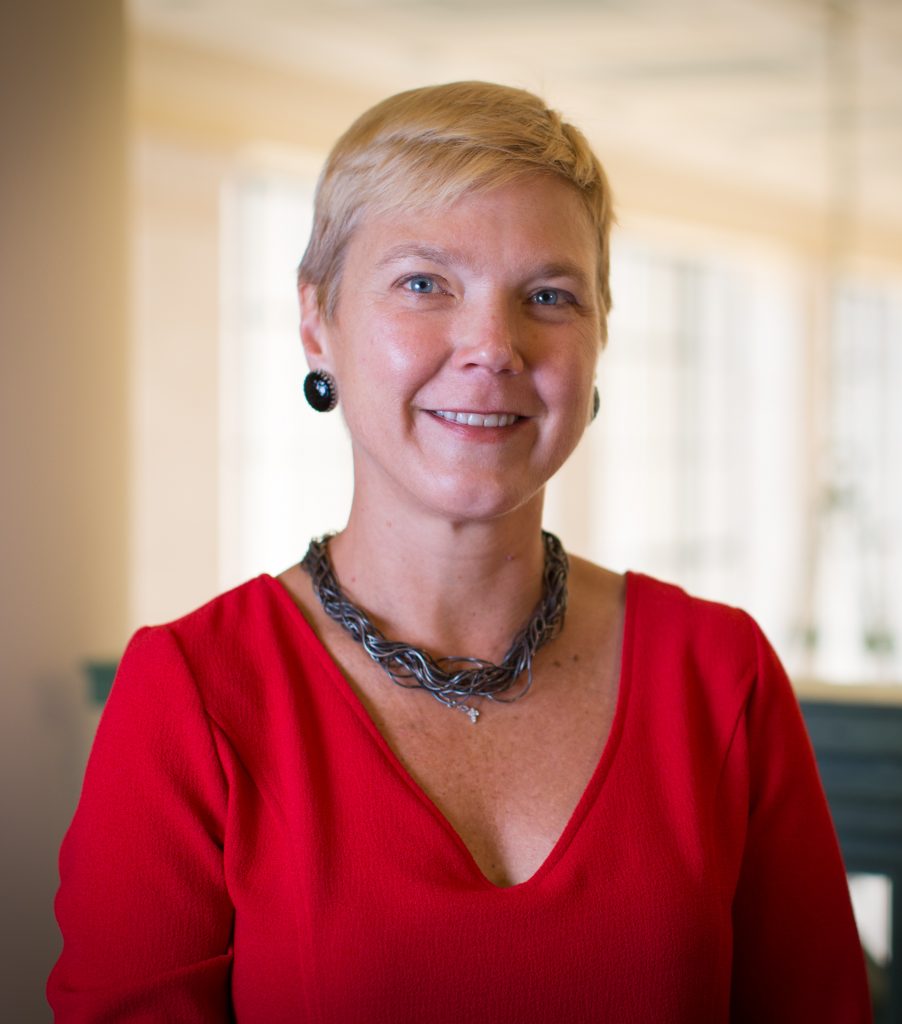
Linda G. Griffith
S.E.T.I. Professor of Biological and Mechanical Engineering
Director, MIT Center for Gynepathology Research
Linda G. Griffith, PhD, is the School of Engineering Teaching Innovation Professor of Biological and Mechanical Engineering and MacVicar Fellow at MIT, where she directs the Center for Gynepathology Research and the “Human Physiome on a Chip” project supported by the DARPA/NIH-funded Microphysiological Systems Program. Dr. Griffith received a Bachelor’s Degree from Georgia Tech and a PhD degree from the University of California at Berkeley, both in chemical engineering. Dr. Griffith’s research is in the field of regenerative medicine and tissue engineering. Her laboratory, in collaboration with J. Upton and C. Vacanti, was the first to combine a degradable scaffold with donor cells to create tissue-engineered cartilage in the shape of a human ear. The 3D Printing Process she co-invented for creation of complex biomaterials scaffolds is used for manufacture of FDA-approved scaffolds for bone regeneration. She is also contributed new concepts to nano-scale biophysical control of receptor engagement by biomaterials, and has developed and commercialized a microfluidic multi well bioreactor for 3D culture models of liver and other tissues.
She is a member of the National Academy of Engineering and the recipient of a MacArthur Foundation Fellowship, the Popular Science Brilliant 10 Award, NSF Presidential Young Investigator Award, the MIT Class of 1960 Teaching Innovation Award, Radcliffe Fellow and several awards from professional societies. She has served as a member of the Advisory Councils for the National Institute for Dental and Craniofacial Research and the National Institute of Arthritis, Musculoskeletal and Skin Diseases at NIH. As chair of the Undergraduate Curriculum Committee for Biological Engineering at MIT, she led development of the new Biological Engineering SB degree program, which was approved in 2005 as MIT’s first new undergraduate major in 39 years. Her recent work in endometriosis has been recognized by the Office of Research on Women’s Health at NIH, where she was selected to give the first Ruth Kirschstein Memorial Lecture (2010) as well as the Endometriosis Foundation of America, where she was the Blossom Ball Basic Science awardee (2010).
Postdoctoral Associates and Fellows
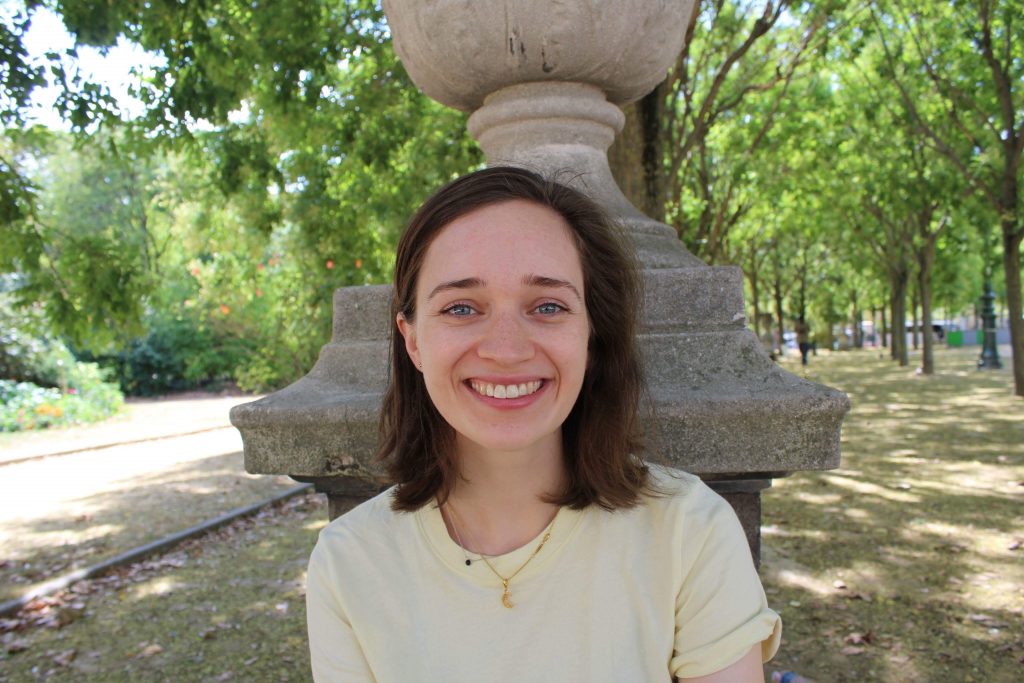
Laura Bahlmann
Postdoctoral Fellow
BASc, Nanotechnology Engineering, University of Waterloo, Canada
PhD, University of Toronto, Canada
NSERC Postdoctoral Fellow
bahlmann @ mit . edu
Immunoengineering in vitro models of endometriosis and Lyme infection
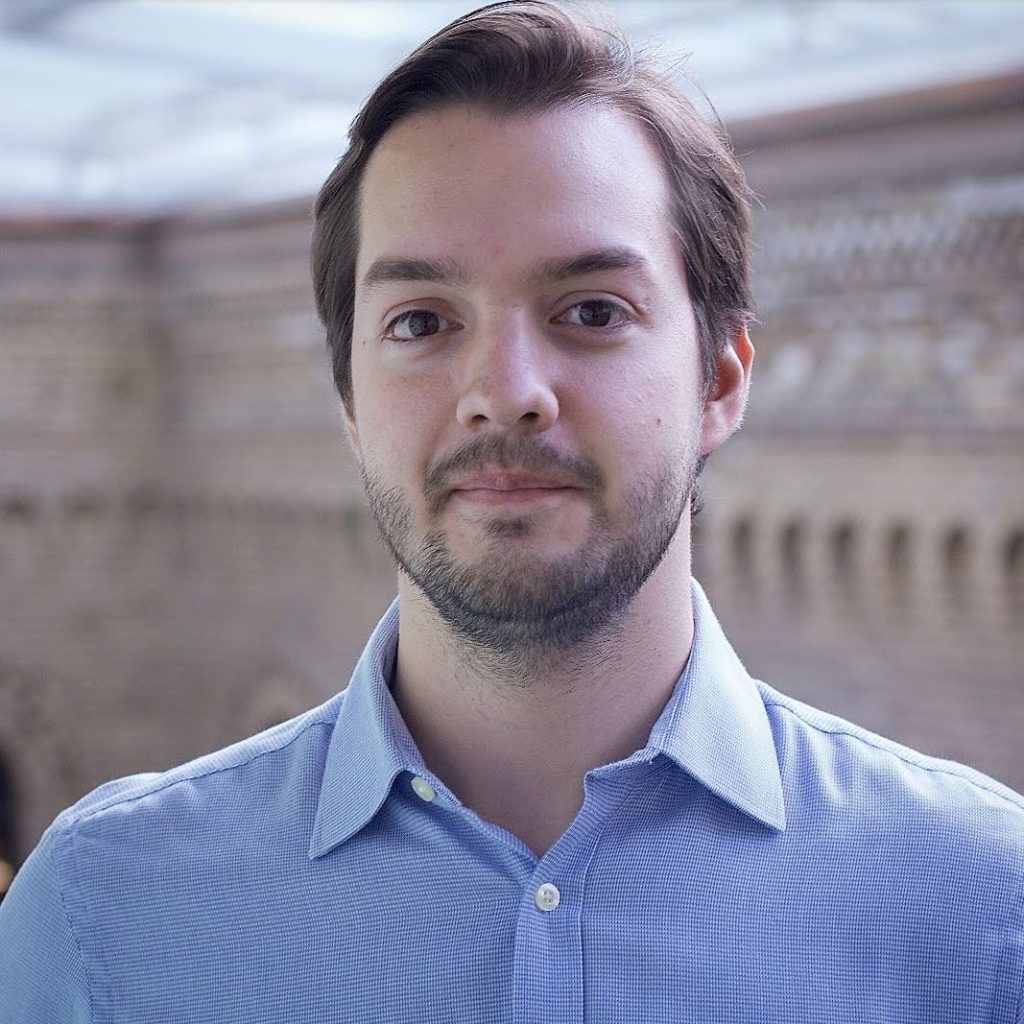
Jose Cadavid
Postdoctoral Associate
Co-advisor: Douglas Lauffenburger
BS, Process Engineering, Universidad EAFIT
MS, Chemical Engineering, TU Dortmund
PhD, Chemical Engineering, University of Toronto
j cadavid @ mit . edu
Combining systems biology and 3D in vitro models tools to understand cell-cell communication and its effect on complex tissue pathologies such as endometriosis and NAFLD/NASH

Pim de Haan
Senior Postdoctoral Associate
BS, Pharmacy, University of Groningen
MS, Pharmacy, University of Groningen
PhD, Analytical Chemistry, University of Groningen
Postdoctoral Associate/Lecturer, University of Groningen
p de haan @ mit . edu
Studying sex-specific differences and steroid hormones with microphysiological systems.
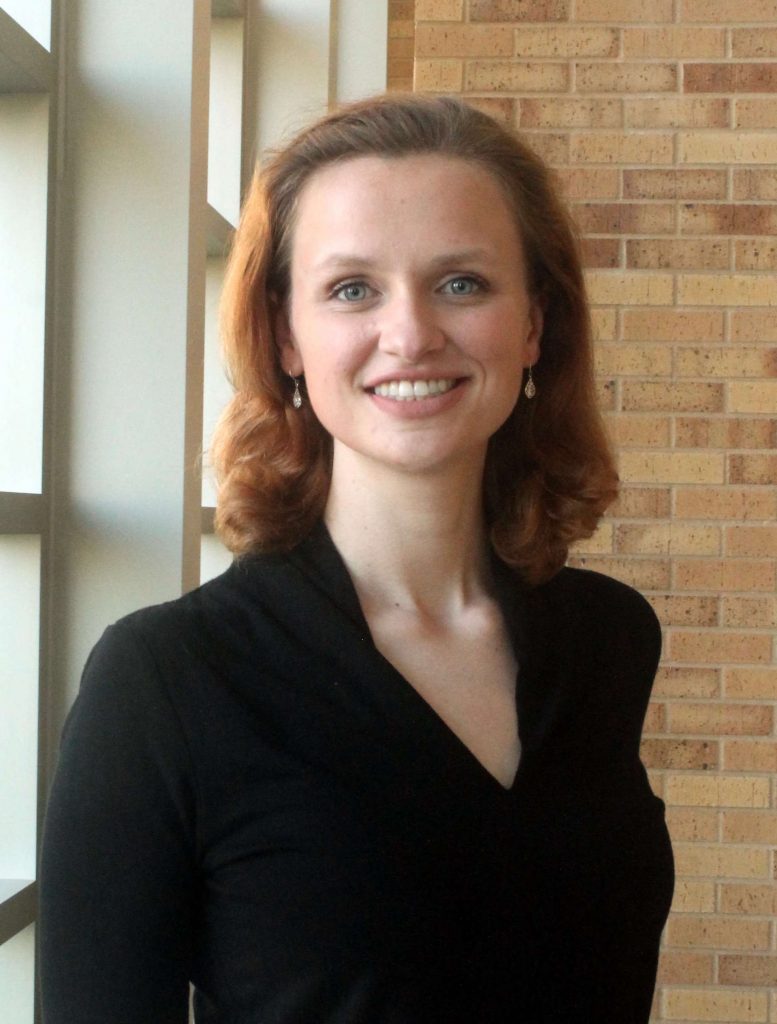
Samantha Holt
Postdoctoral Fellow
BS, Bioengineering, University of Illinois at Urbana-Champaign
PhD, Biomedical Engineering, Texas A&M University
PhD, Chemical Engineering, Rowan University
s holt @ mit . edu
Engineering biomaterials platforms which incorporate extracellular matrix (ECM) glycans and examining their influence on human cells in 3D culture. Utilizing these novel materials to model peripheral innervation in the human endometrium in collaboration with the Moore Lab at Tulane University.
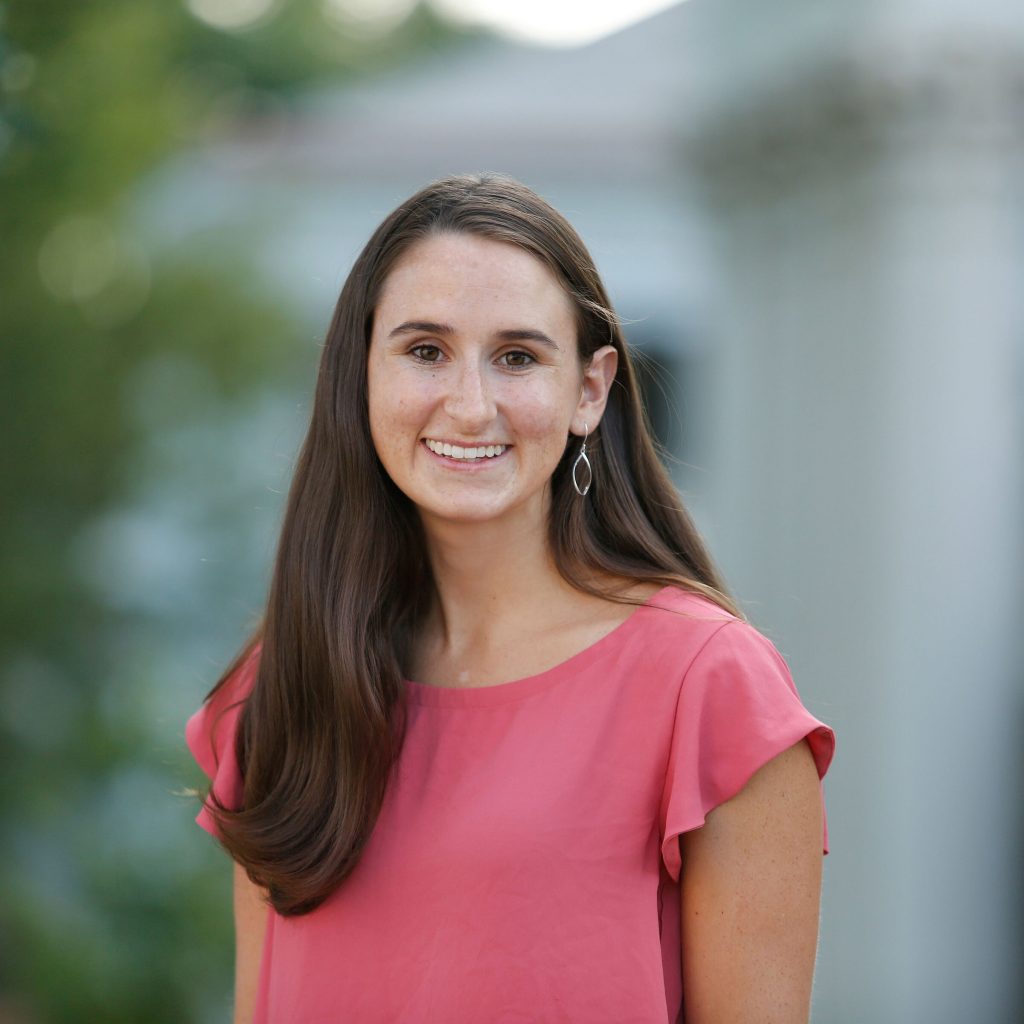
Lauren Pruett
Postdoctoral Associate
BS, Bioengineering, Clemson University
PhD, Biomedical Engineering, University of Virginia
l pruett @ mit . edu
Engineering synthetic hydrogels for modeling vascularized endometriosis lesions in microfluidic devices.
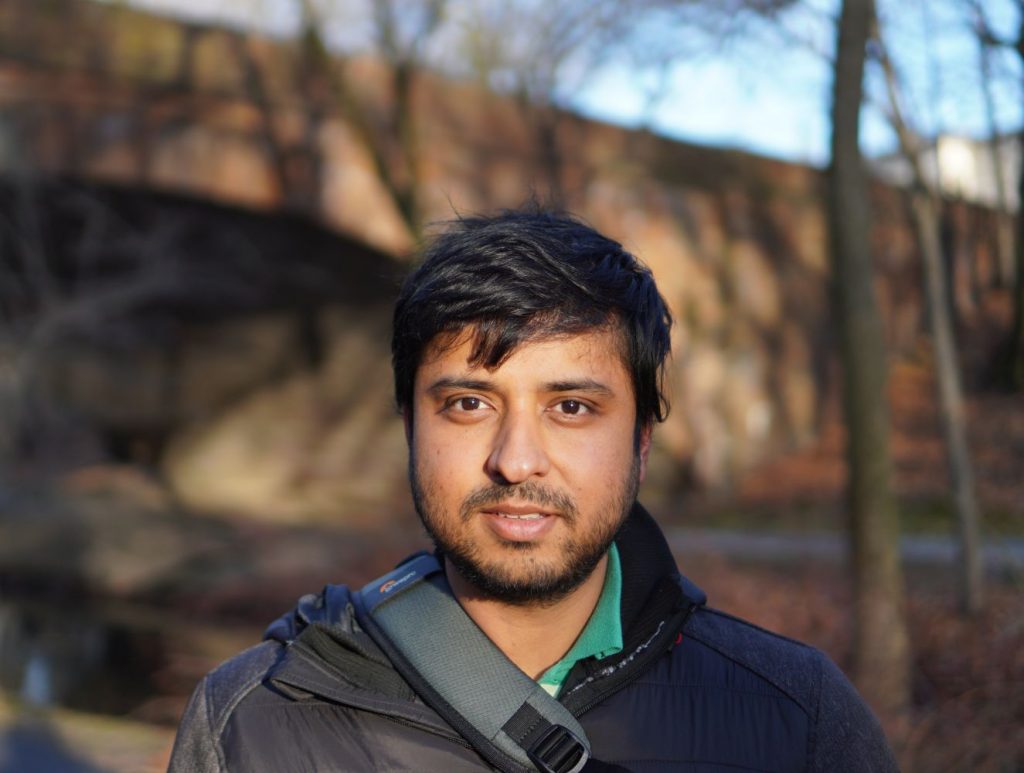
Priyatanu Roy
Postdoctoral Associate
BTech, Mechanical Engineering, Jadavpur Univeristy
MTech, Mechanical Engineering, IIT Madras
PhD, Mechanical Engineering, University of Minnesota
p roy @ mit . edu
Developing microphysiological systems using novel tissue scaffolds and unique chip architectures to study liver disease, endometriosis and other biological in vitro systems.
Graduate Students
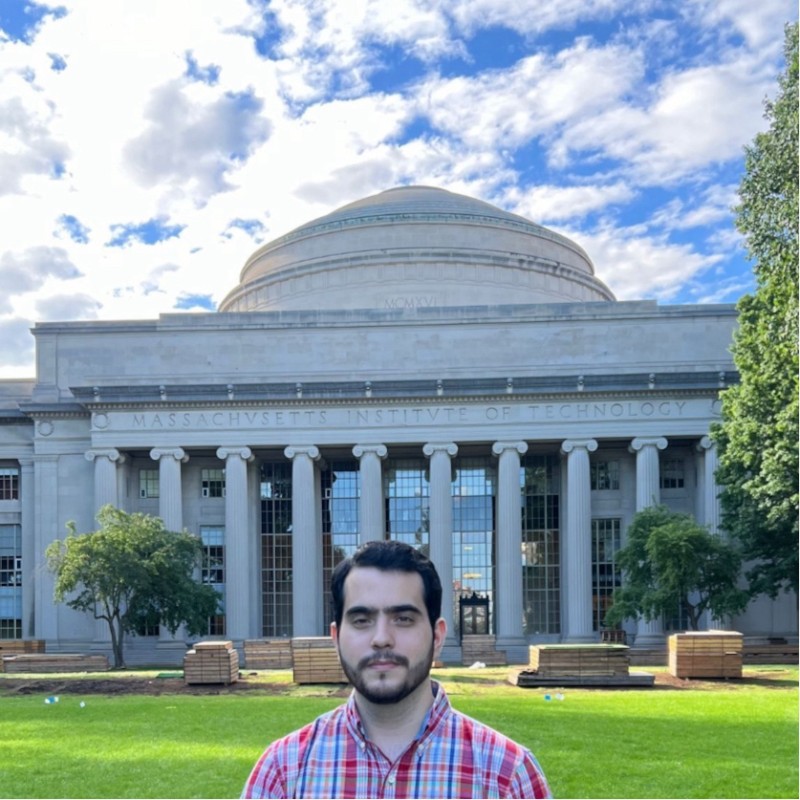
Francisco Aguilar
Masters Student, Mechanical Engineering
B.S., Mechanical and Electrical Engineering – Tecnológico de Monterrey, Mexico
fran 99 @ mit . edu
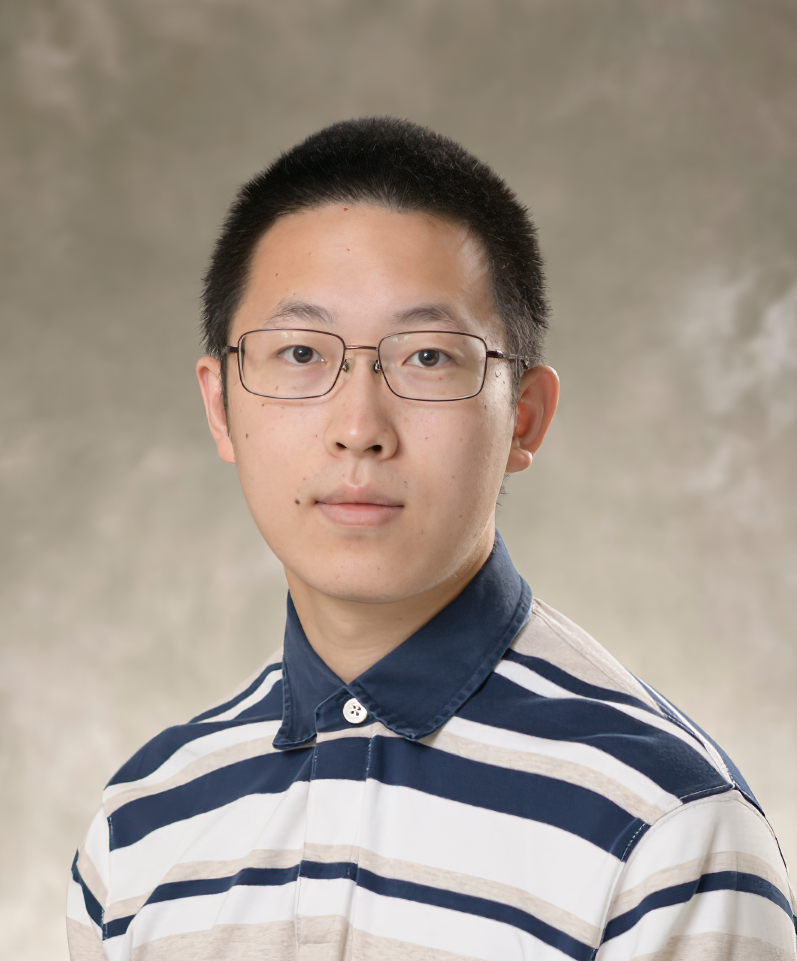
Andrew Ding
PhD Candidate, Biological Engineering
Co Advisor: Doug Lauffenburger
BS, Bioengineering, Chemistry, University of Illinois Urbana-Champaign
a z ding @ mit . edu
Integrating computational and experimental approaches to engineer in vitro biological systems
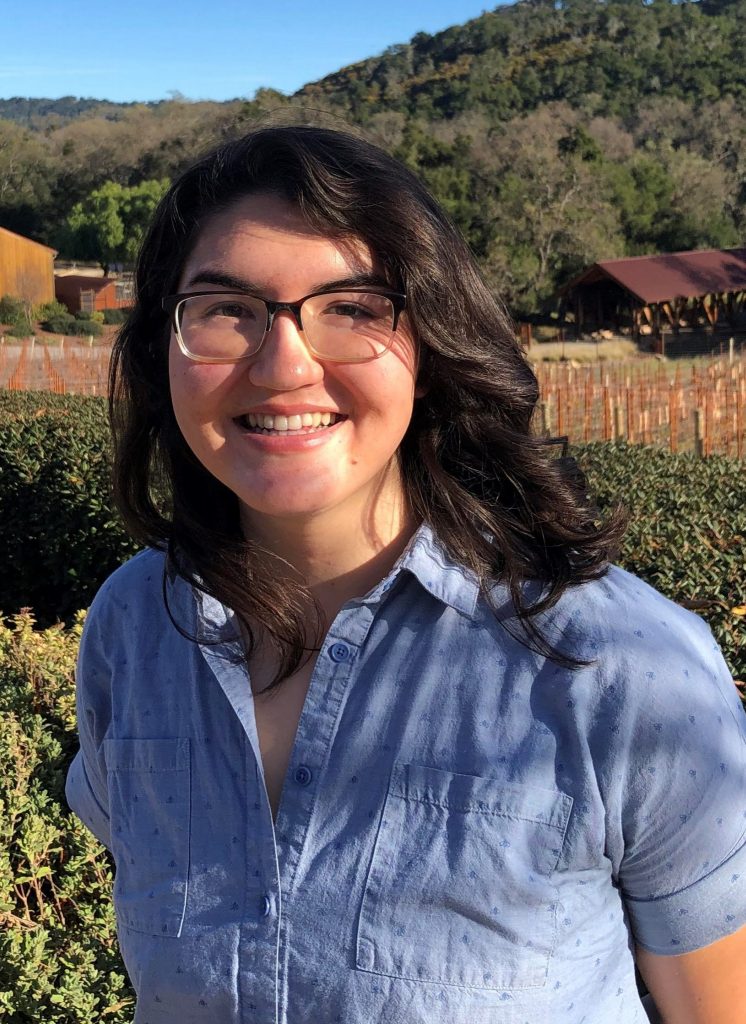
Elise Gubbins
PhD Candidate, Biological Engineering (2019 Cohort)
Co Advisor: Ming Guo
BS, Biomedical Engineering, Yale University
e gubbins @ mit . edu
Engineering physiologically relevant in vitro models for investigating mucosal barrier biology, including the intestine and the endometrium, with a focus on biomechanics.
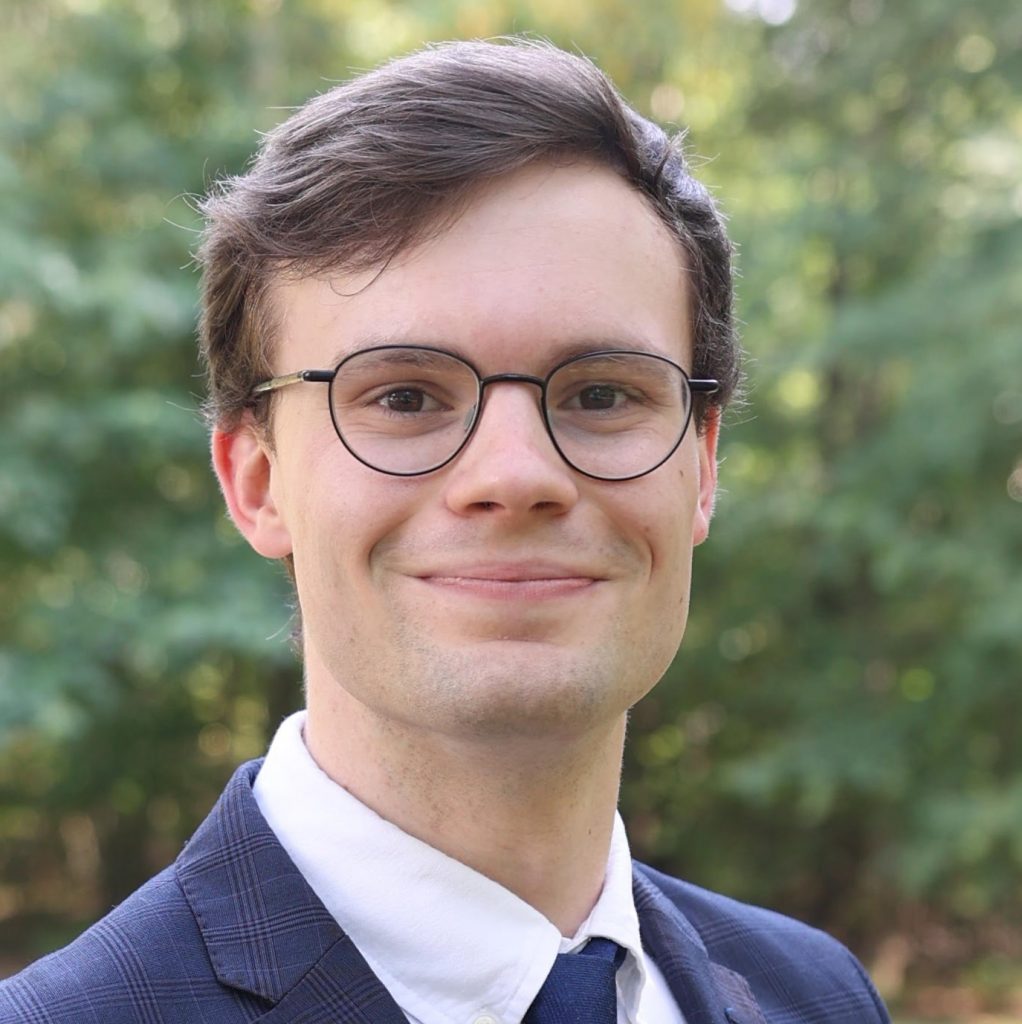
Matthew Johnson
PhD Student, Mechanical Engineering (2022 cohort)
Co-Advisor: David Trumper
BS, Mechanical Engineering, Georgia Tech
m d johns @ mit . edu
Developing mechanical platforms and devices to support extended culture of microphysiological systems by enabling precise control over cellular microenvironments and fluidic conditions.
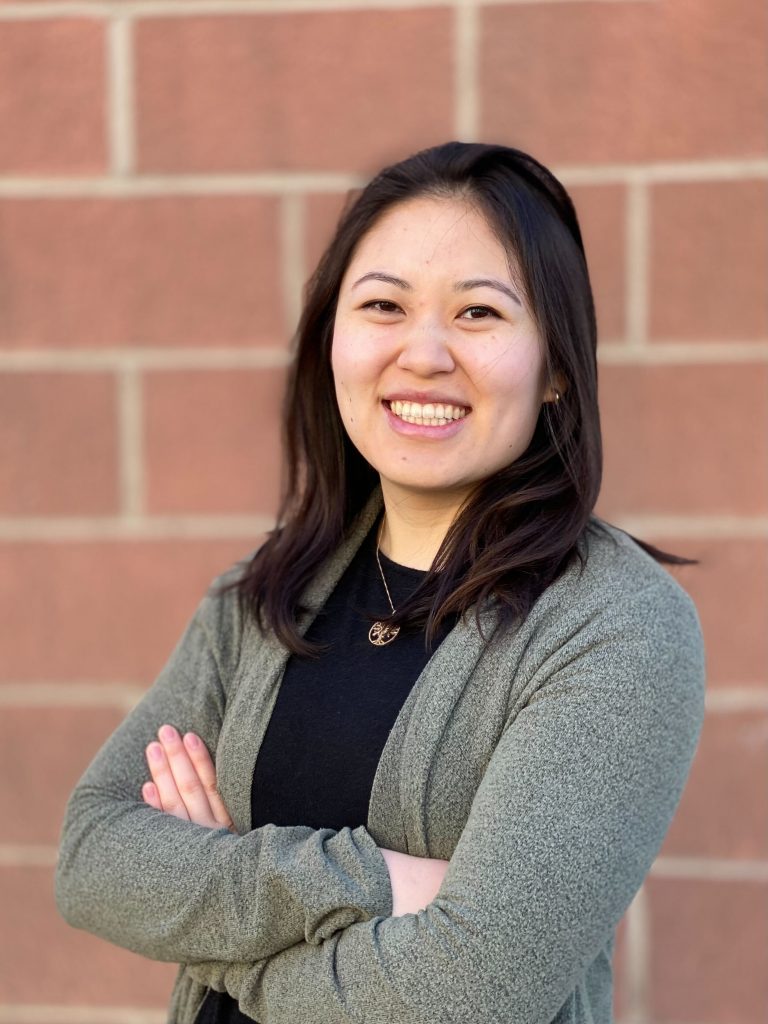
Ellen Kan
PhD Candidate, Biological Engineering (2019 Cohort)
Co-advisor: Roger Kamm
BS, Biomedical Engineering, Yale University
NSF Graduate Research Fellow
ellen kan @ mit . edu
Engineering in vitro microfluidic models for investigating the role of vascularization in inflammatory disease states, including endometriosis lesions and type 2 diabetes (in collaboration with Erin Tevonian)
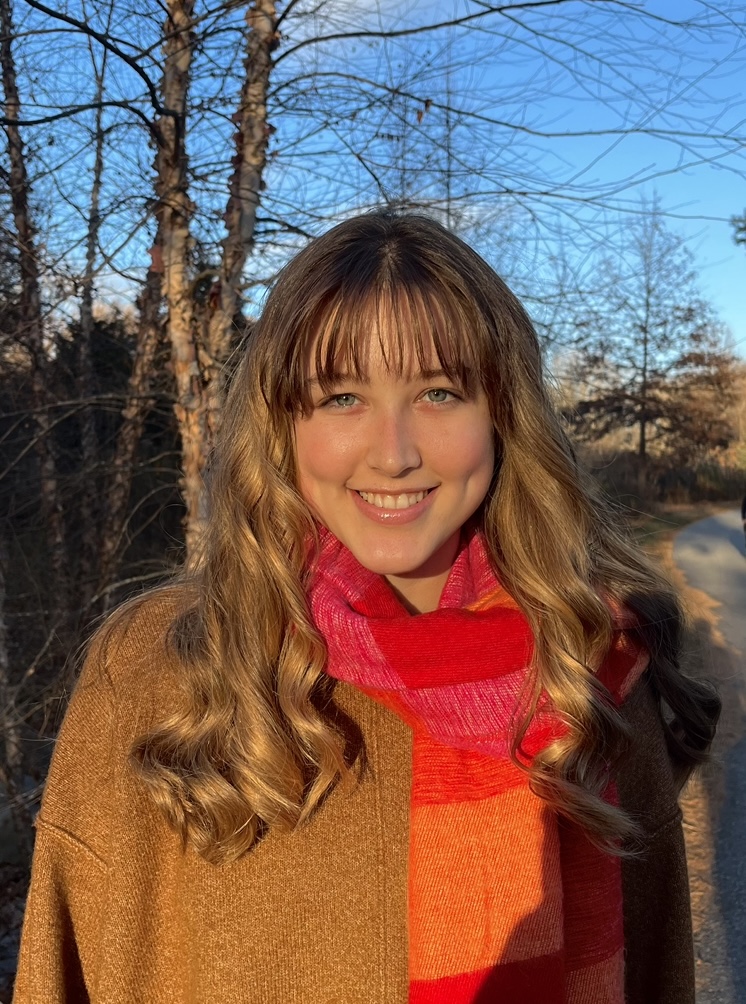
Elizabeth LaCroix
PhD Candidate, Chemistry
Co-Advisor: Jeremiah Johnson
B.S., English & Chemistry – Bates College
e g lac 22 @ mit . edu
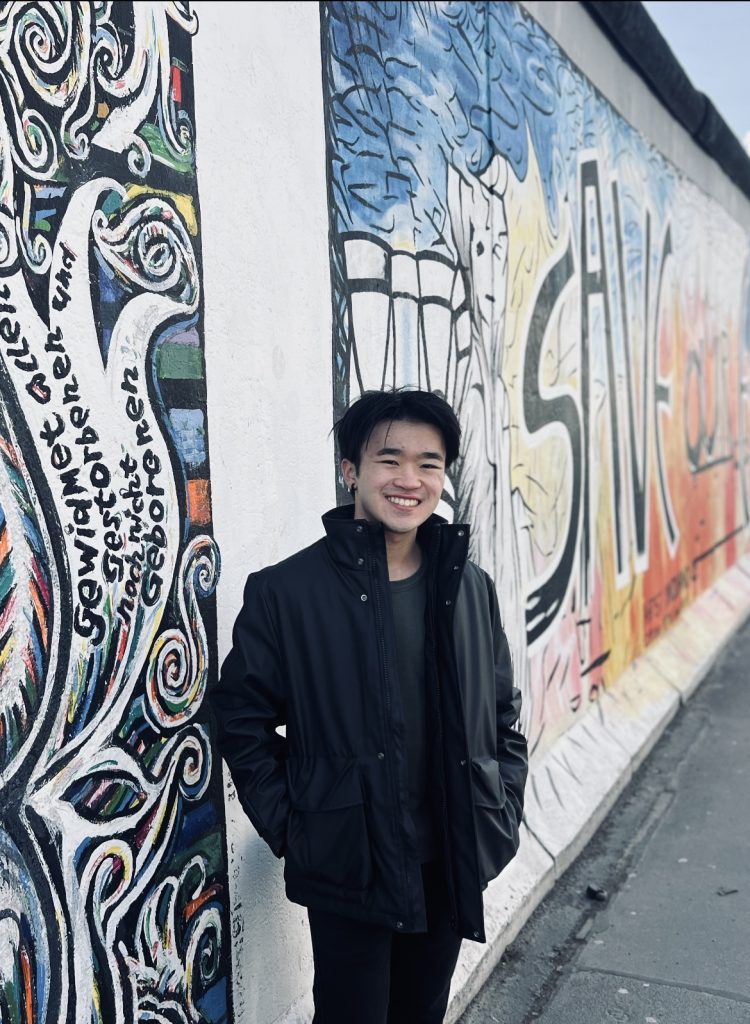
Tyler Matsuzaki
MEng candidate, Biological Engineering
B.S., Biological Engineering, Massachusetts Institute of Technology
t a matsu @mit.edu
Experimental validation of a systems biology framework to advance translation relevance of in vitro disease modeling
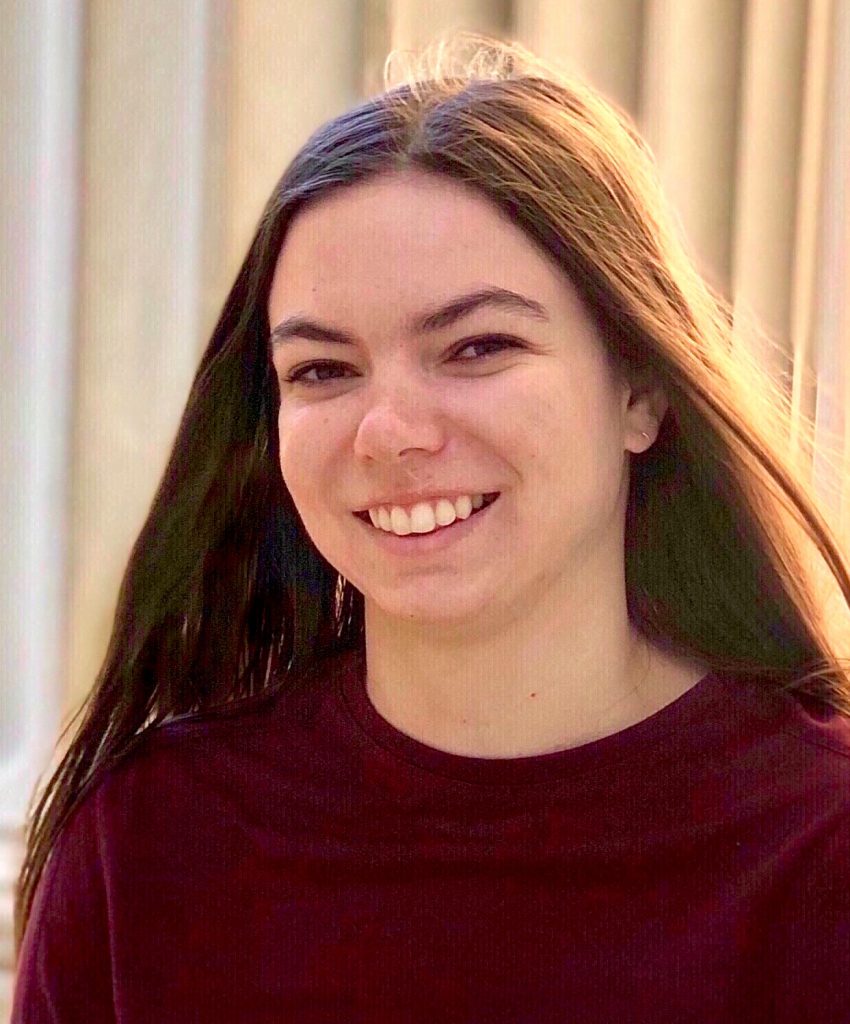
Erin Tevonian
PhD Candidate, Biological Engineering (2019 Cohort)
Co Advisor: Douglas Lauffenburger
BS, Bioengineering, University of Illinois Urbana-Champaign
NSF Graduate Research Fellow
erin tevo @ mit . edu
Building a more physiologically relevant model of hepatic insulin resistance through the co-culture of primary liver cells, local immune populations, and vasculature to investigate altered cell-cell communication in disease (in collaboration with Ellen Kan)
Technical Research Staff
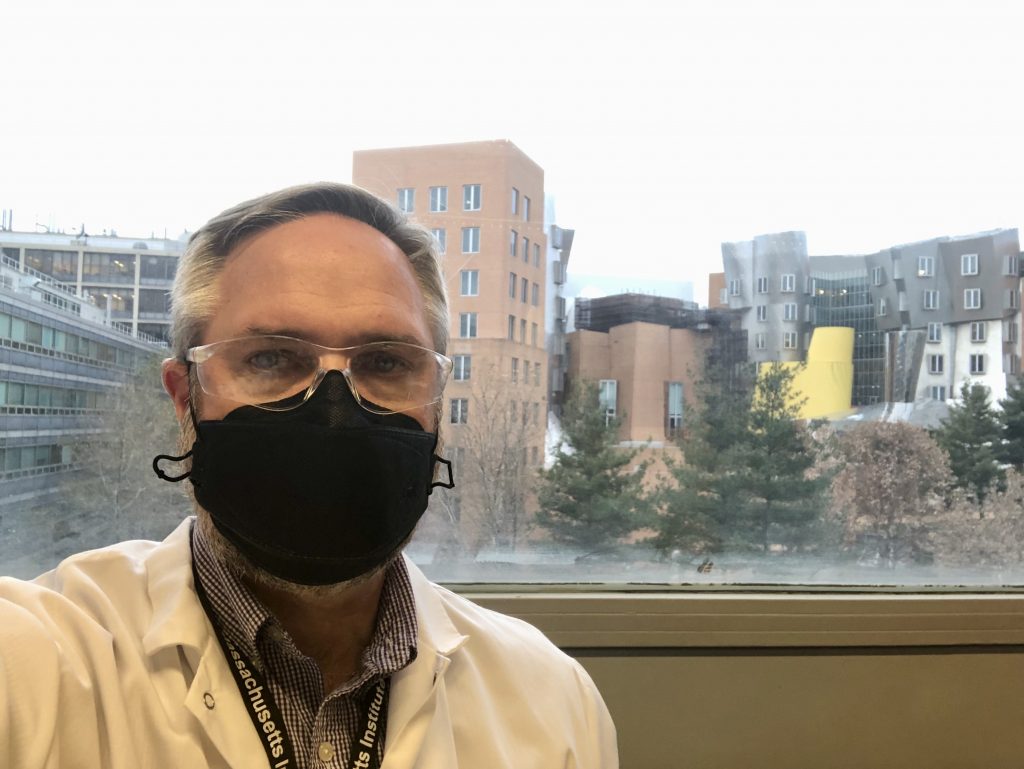
Tom Donaghey
Lab Manager
AB, Biology, Harvard University
ALM, Biology, Harvard University Extension School
t don @ mit . edu
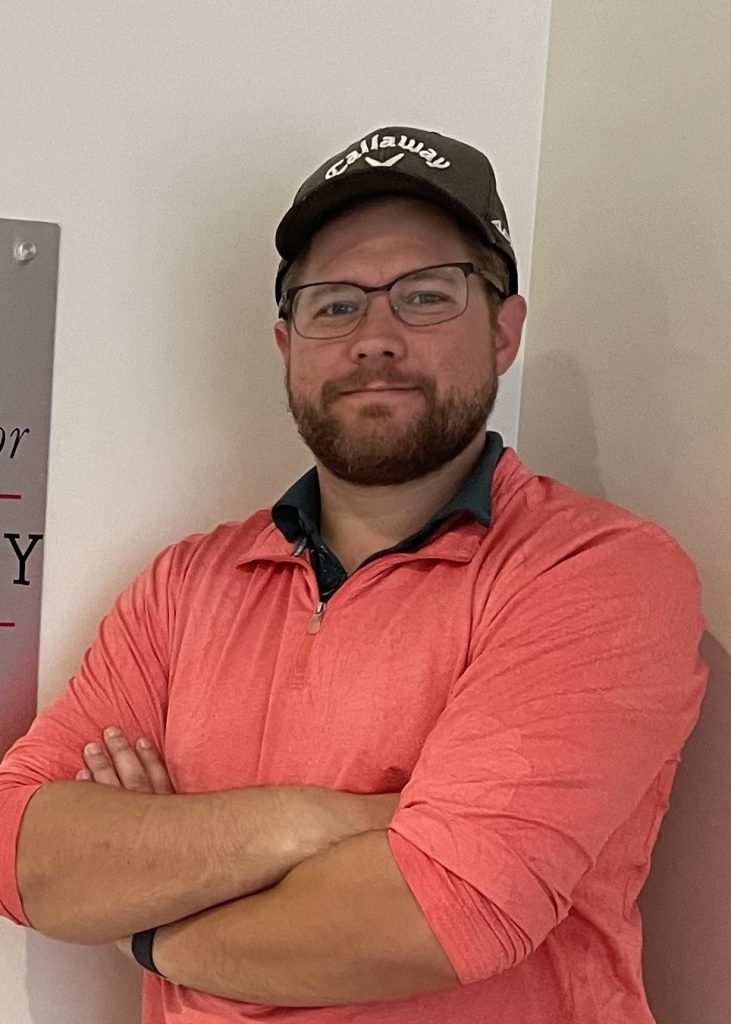
Alexander Bosak
Research Specialist
B.S., Molecular & Microbiology – University of Central Florida
a bosak @ mit . edu
Development of an innervated 3D microphysiologcal system of endometriosis

Shannon Chaffin
Technical Associate I
B.S, Biomedical Engineering California State University Long Beach
chaffin @ mit . edu
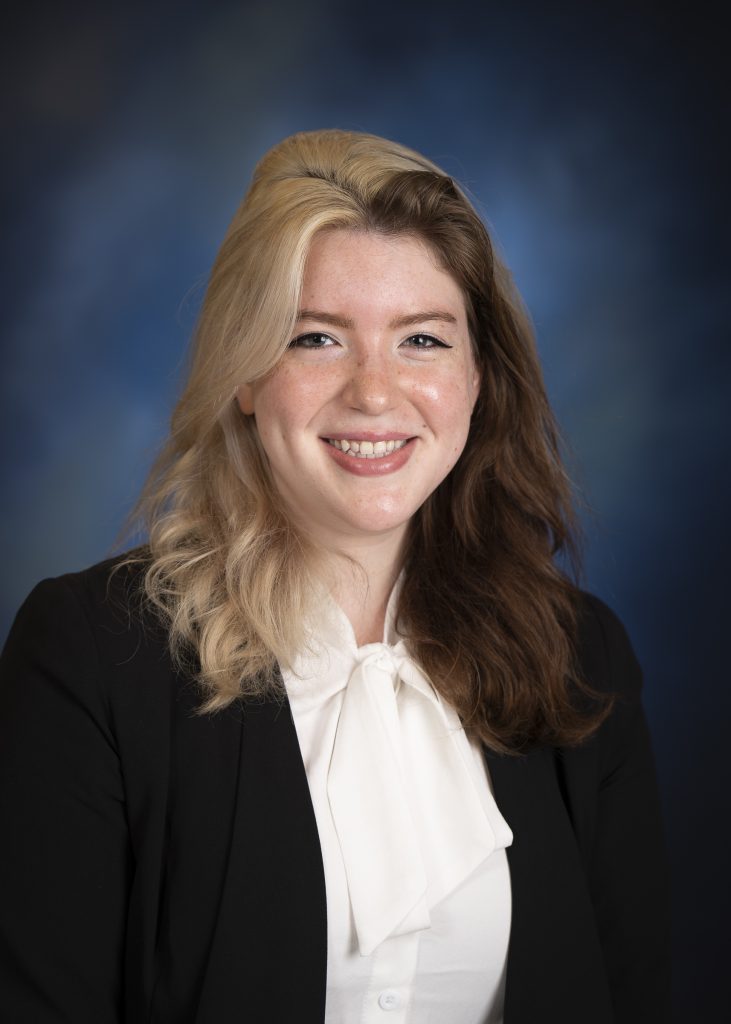
Heather George
Technical Associate II
BS, Biomedical Engineering, Purdue University
MS, Biomedical Engineering, Purdue University
h geo @ mit . edu
Supporting development of 3D in vitro models of the endometrial microenvironment via organoid growth and assisting characterization of a novel PEG-based hydrogel.
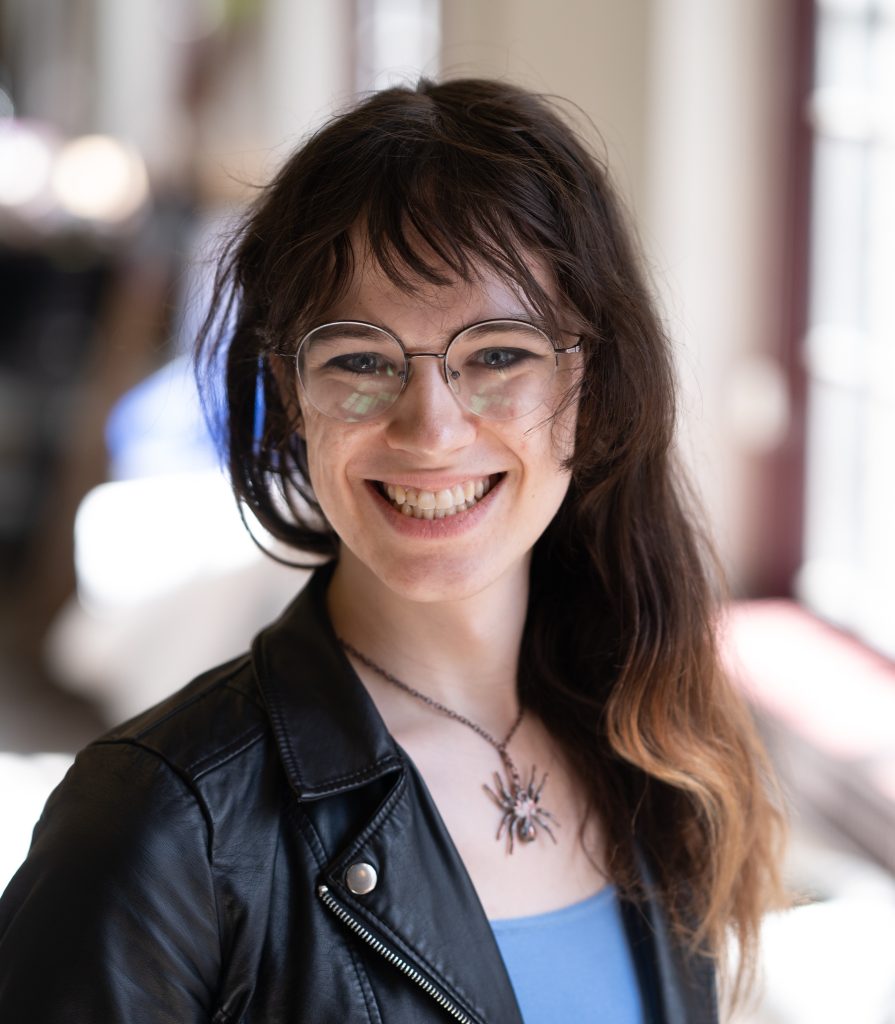
Morgan Guempel
Senior Research Support Associate
B.S., Biological Engineering, Massachusetts Institute of Technology
m guempel @ mit . edu
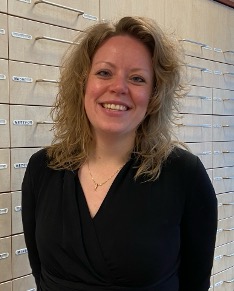
Ilja Hedemann
Technical Associate
BS, Pharmacy, University of Groningen
MS, Pharmacy, University of Groningen
hedemann @ mit . edu

Ryan Ogi
Technical Associate II
BS, Biomedical Engineering, Binghamton University – State University of New York
MS, Biomedical Engineering, Binghamton University – State University of New York
Ryan ogi @ mit . edu
Supporting the development of microphysiological systems for both the endometriosis and liver teams.

Ashleigh Williams
Technical Associate II
BS, Biology and Biotechnology, Tufts University
MS, Biomedical Engineering, Tufts University
willi 213 @ mit . edu
Assisting in the development of microphysiological systems to model various aspects of hepatic disease.
Administrative Staff
Lindsay King, Administrative Assistant
lindsay k @ mit . edu
Lab Alumni
Please click here for lab alumni.